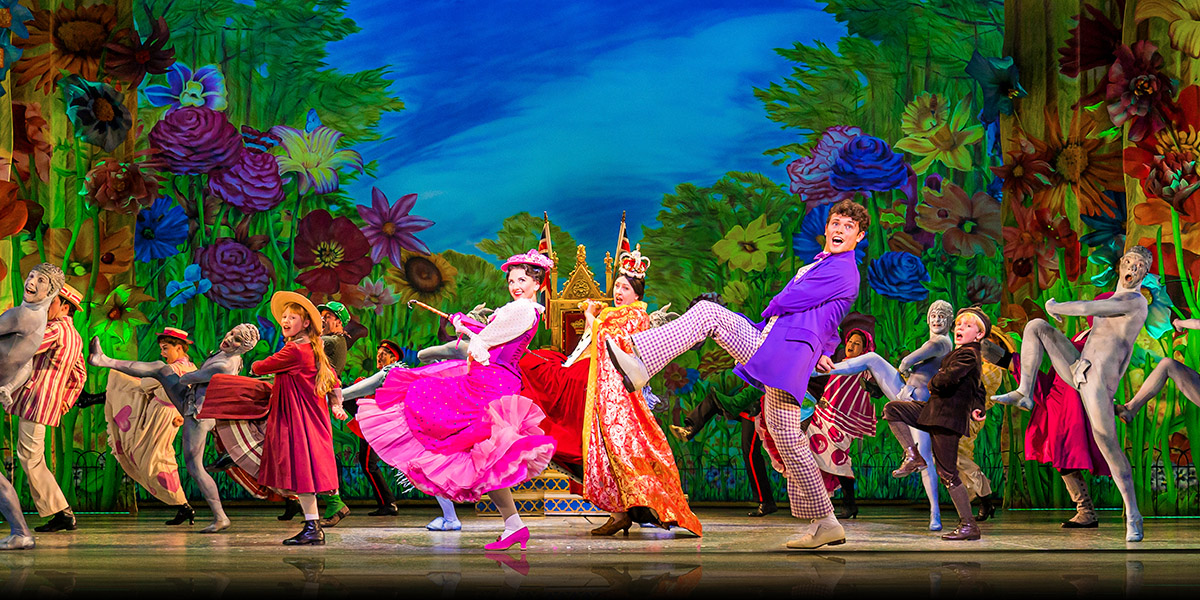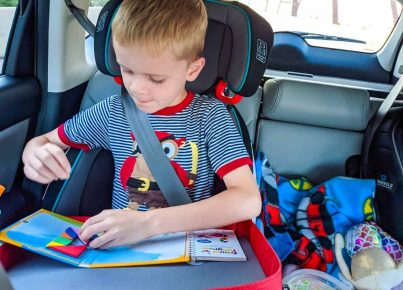The importance of drama and performance arts in the development of children can never be overstated. Not only do these activities foster creativity and self-expression, but they also help in building confidence, improving communication skills, and honing the ability to collaborate with others. Teach Starter, an innovative resource platform for educators, shines a light on how to integrate drama games into the learning environments of kids aged 9 to 12.
Engaging children in years 4 through 7 through drama games is a delightful way to enhance their educational experience. These activities are not just fun but are also pedagogical tools that contribute significantly to students’ cognitive and social development. Practicing drama games aids in improving concentration, understanding emotions, and facilitating better expression, all while providing children with much-needed physical activity.
At the heart of Teach Starter’s mission is the realization that every child possesses innate creativity that only needs the right nudge to flourish. Drama games are one such nudge. By involving children in various dramatic scenarios and role-play activities, teachers can provide a safe and supportive environment where students can step out of their comfort zones and try out new roles, experiment with different emotions, and navigate complex social situations.
Teach Starter’s blog presents an array of drama activities suitable for children in years 4-7. These games range from story-based improvisation exercises that trigger imagination to mime routines that emphasize body language and facial expressions.
Whether it’s playing ‘Character Charades’ to guess characters based on actions or ‘Emotion Party’ where kids portray different emotions as if at a party, each game targets specific skills. While ‘Charades’ may focus on gestural communication, ‘Emotion Party’ hones empathetic understanding by having children walk in someone else’s emotional shoes.
Some activities outlined by Teach Starter include:
– “Freeze Frame,” which involves creating a tableau or still image to represent a scene.
– “Alphabet Conversation,” encouraging creative dialogue where each sentence starts with the subsequent letter of the alphabet.
– “Park Bench,” an improvisational game where one player sits on an imaginary park bench as different characters approach them.
Integrating these drama games into teaching is straightforward – they require little preparation or materials and can be played within classroom constraints. Teachers are thus empowered to include these exercises seamlessly into lesson plans, enhancing student engagement without disrupting academic goals.
In conclusion, Teach Starter’s featured collection of drama games for kids aged 9-12 offers a treasure trove of benefits. Through play-based learning, students develop vital life skills crucial for personal growth and success beyond academia. As they leap into various roles and scenarios within drama games, they learn teamwork, emotion management, problem-solving skills – all while having a blast!
It is pivotal for education systems globally to recognize the transformative potential of drama in childhood education. Teach Starter’s dedication to amalgamating learning with creative play heralds a progressive step towards enriching children’s lives both within and outside school walls.





